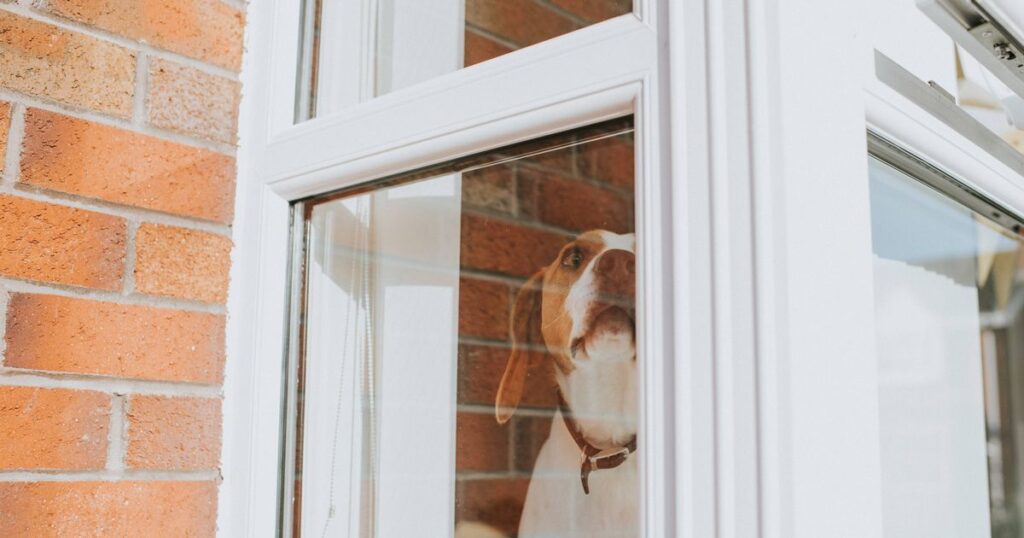The Blue Cross has issued a warning to all dog owners about certain training methods
An animal welfare charity has issued a warning to pet owners about certain training methods. The Blue Cross has highlighted the issue of barking, stating that some owners resort to “quick fixes” which may momentarily stop the dog from barking, but fail to address the root cause.
In fact, some of the methods people use could inflict more harm on your dog. In their stark message to all pet owners, they warned: “We are against training tools that cause pain and fear in your dog. Items like bark collars seem to offer a ‘quick fix’ but they do not address the cause.
“There is a huge array of ‘tools’ on the market that claim to stop barking in dogs and offer a ‘quick fix’.” These include:
spray or electric shock collarscompressed air spraysrattle cans
The Blue Cross stressed that the main function of these tools is to startle, discomfort, or scare a barking dog, teaching it that barking results in consequences. And whilst it may seem obvious not to use horrible collars, many may not be aware that cans can be horrible too, reports Bristol Live.
They cautioned: “They can also do more harm than good by causing your dog unnecessary stress and even pain. Using devices that punish pets will likely damage the bond between you and can lead to further behaviour problems.”
Why does my dog bark?
If your dog barks at someone in the garden, at home or on walks, this behaviour is called ‘alarm barking’. If this happens, you can try playing fetch. You can also ask them to “go to bed”.
This may work as it removes them from the area that the trigger is coming from and allows them to concentrate on a neutral task that they know. Just make sure that your dog understands this cue before you begin this training, the experts added.
Another suggestion from the experts is to record sounds that set off barking. This means you can play noises like the doorbell back to your dog, and over time, this should help make them less anxious. You should slowly turn up the volume while giving them treats if they remain quiet. This process is known as desensitising or counter conditioning.
My dog barks when I leave, what should I do?
The Blue Cross emphasised to owners that dogs are social animals that thrive living as part of a family unit. It’s natural for them to feel distressed when left alone for longer than they’re comfortable with – this is known as separation anxiety.
They urged owners to consider how you react when your dog barks. Do you raise your voice, shout, or scold them? If so, try to stop.
Responding with noise or attention can actually reinforce your dog’s behaviour, as it gives them exactly what they’re seeking – your attention.
What to do
Try ignoring the barking – at first your dog may continue or get worse but this is perfectly normal. Keep going and eventually they will understand that barking doesn’t get your attention.If waiting silently doesn’t work, calmly ask them to “sit” or “lie down”Only interact with your dog when they are calm
They reminded people: “Some dogs bark because they may be bored. This can vary depending on their breed. For example, a working dog will have a lot of energy and will be looking for more mental stimulation throughout the day.
“If you think this is the case, you may need to look at their daily routine. Increasing their physical and mental exercise can help to occupy their busy minds.”




